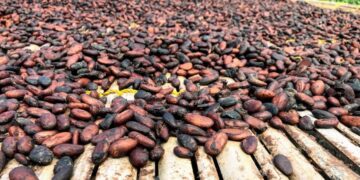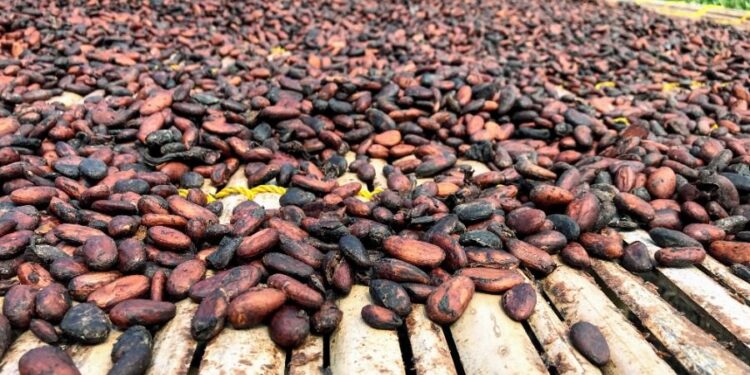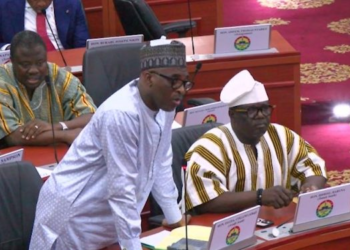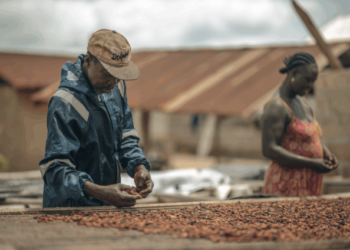The Cocoa Abrabopa Association, which represents over 8,000 farmers across Ghana’s five cocoa-growing regions, has expressed deep dissatisfaction with the recently announced producer price for the 2024/2025 cocoa season.
The government’s announcement of a 129.36% increase, setting the new price at GHS48,000 per tonne (GHS3,000 per 64kg bag), has been met with frustration from the association’s members.
Speaking on Business Fix on ABC in the Morning, Ismaila Pomasi, Council Chairman for the Cocoa Abrabopa Association, described the price as “very disappointing,” far below their expectations of at least GHS4,000.
Pomasi pointed to the current international market price of $9,500 per tonne and the projected interbank exchange rate of GHS15.5, arguing that cocoa farmers should be receiving 70% of the Free On Board (FOB) price, as has been the practice.
“When you break it down,” he explained, “the amount that was announced yesterday is very disappointing.”
He emphasized that the average international market price from September last year to August this year was around $6,000, and using the exchange rate of GHS15.5, farmers should have been paid GHS4,200 per bag.
The association has criticized the government for disregarding the concerns and inputs of farmers in this major decision that directly affects their livelihoods.
Pomasi did not hold back on his disappointment, stating, “There is no respect for farmers, for coming out with this price.”
This sentiment has left many cocoa farmers feeling disrespected and ignored despite the government’s claim of prioritizing the agricultural sector.
Meanwhile, Minister for Food and Agriculture, Bryan Acheampong, announced the increase as part of the government’s continued support for cocoa farmers, affirming that the 2024/2025 season’s price reflects a commitment to the sector.
However, during a campaign in the Asunafo South and North constituencies, NPP running mate Dr. Matthew Opoku Prempeh urged farmers not to be swayed by opposition rhetoric, assuring them of the NPP’s dedication to improving their welfare.
Despite these reassurances, cocoa farmers like Pomasi remain unconvinced, feeling that their voices have been sidelined in critical discussions.

































